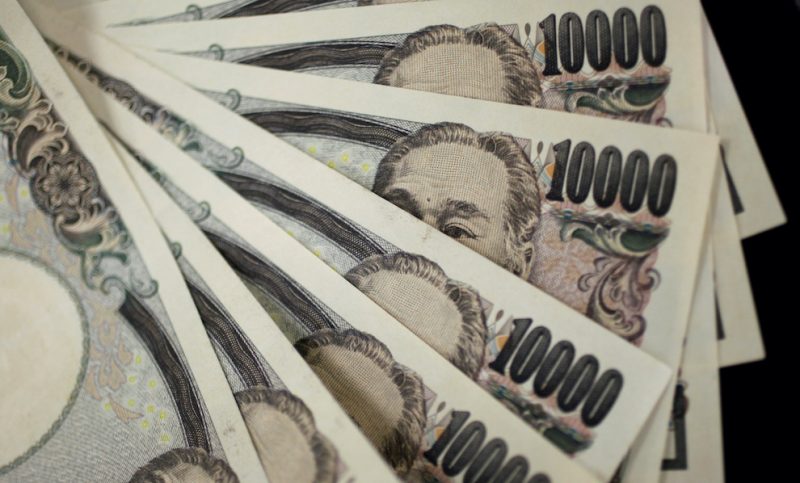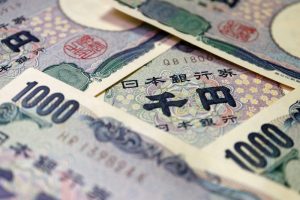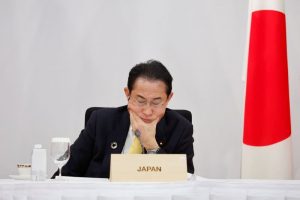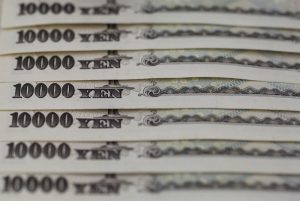The latest minutes of the Bank of Japan (BOJ) board meeting have revealed fissures over policy and concerns over how to tackle a plunging yen and stabilise the world’s third-largest economy.
While one board member said a weak yen benefitted the economy given the global downturn, others were worried about excessive currency volatility.
Many board members stressed the need to maintain the BOJ’s massive stimulus programme to support a still-fragile economy, the minutes released on Wednesday showed.
That was a sign they saw no need to tweak Japan’s ultra-low interest rates to stem the currency’s slide.
‘Must Communicate to Markets’
The BOJ must communicate to markets its monetary policy aims at achieving price stability, not at controlling exchange rate moves, some members were quoted as saying.
“A few members said excessive fluctuations in the foreign exchange market over a short period of time, such as those observed recently, would raise uncertainties about the future and make it more difficult for firms to formulate their business plans,” the minutes showed.
One member said a weak currency benefited the economy at a time like now, when the output gap was still large and underlying inflation was “extremely low.”
At the April 27-28 meeting, the BOJ strengthened its commitment to keep interest rates ultra-low by vowing to buy unlimited amounts of bonds daily to defend its yield target, triggering a fresh sell-off in the yen.
The weak yen has become a fresh challenge for Japanese policymakers as it hurts the economy by inflating already rising costs of importing fuel and raw material goods.
The yen plunged to a new 24-year low of 136.71 per dollar early on Wednesday, as investors continued to focus on the contrast between the BOJ’s ultra-loose policy and the Fed’s plans to combat soaring inflation.
Traders said the falling below the 136-yen mark was a significant test for both the BoJ and the Japanese government, amid speculation that a drop to 140 yen or more might force intervention.
“Currency stability is important so rapid fluctuations are not desirable,” deputy chief cabinet secretary Seiji Kihara told a regular news conference on Wednesday, when asked about the yen’s fresh low. He declined to comment directly on currency levels.
- Reuters, with additional editing by George Russell
READ MORE:
Yen’s Descent, Yield Cap Attack Leaves Tokyo on Edge
No Good or Bad Yen Exchange Rates, Japan Official Says
Bank of Japan to Move to Second Phase of Digital Yen Project
























